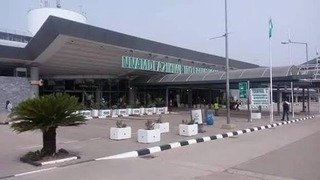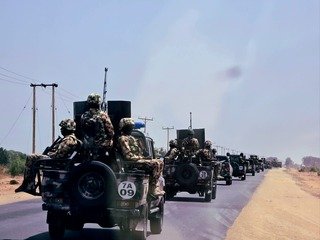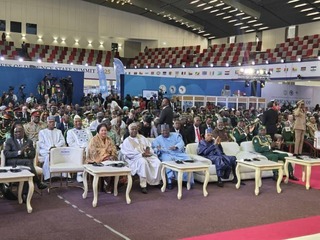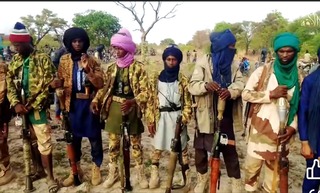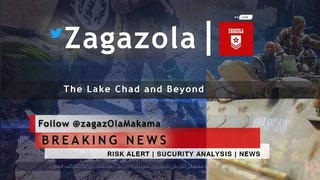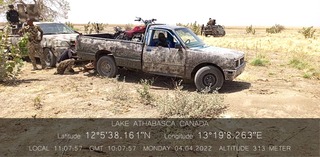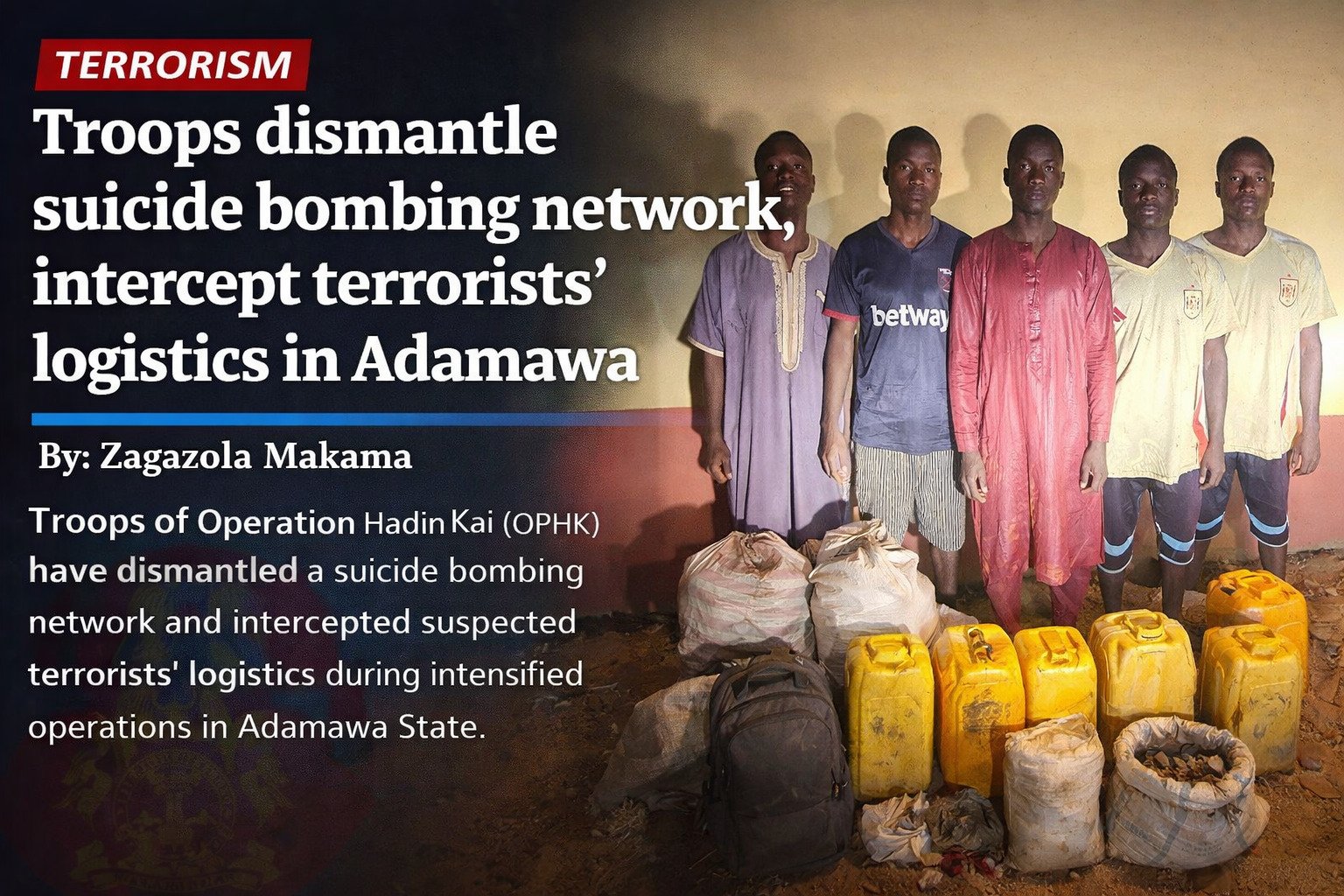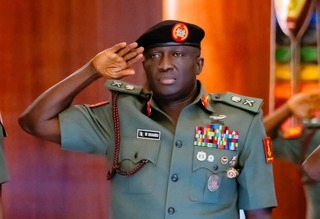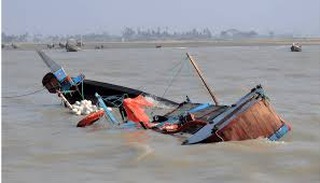Over 1000 insurgency groups operate in africa –Gambari
By Zagazola Makama
Former Minister of External Affairs and Nigeria’s Permanent Representative to the United Nations, and Chief of Staff to President Muhammadu Buhari, Prof. Ibrahim Gambari, has raised concern over the proliferation of insurgent groups across Africa, estimating their number at more than 1,000.
Gambari spoke in Abuja on Monday while delivering a goodwill message at the African Chiefs of Defence Staff Summit 2025 with the theme “Combating contemporary threats to regional peace and security in Africa: the role of strategic defence collaboration.”
The gathering brought together defence chiefs from 36 out of Africa’s 54 countries, reflecting the urgency of the continent’s security challenges.
Gambari emphasised that the starting point for securing Africa lies in fortifying individual states before moving towards regional and continental frameworks. He stressed the need for nations to strengthen indigenous defence industries, build their own technologies, and craft security architectures centred on human security.
“We have to first secure our countries before we can secure our regions and then the continent. Securing Nigeria has placed the country at the forefront of regional and continental security. There are over 1000 insurgency groups operating in Africa,” he said.
The former diplomat noted that without locally driven initiatives, Africa would remain vulnerable to evolving threats ranging from terrorism and violent extremism to cross-border banditry.
Also speaking at the summit, the President of the Economic Community of West African States (ECOWAS), Dr. Omar Touray, painted a grim picture of insecurity in the Sahel. He said the region accounted for 51 per cent of conflict-related deaths recorded in Africa in 2024.
Represented by ECOWAS Commissioner for Political Affairs, Peace and Security, Amb. Abdel-Fatau Musah, Touray called for greater international burden-sharing. He urged the United Nations to finance at least 75 per cent of African-led operations aimed at countering terrorism.
Earlier, Nigeria’s Chief of Defence Staff (CDS), Gen. Christopher Musa, described Africa’s security challenges as borderless and complex, requiring deeper collaboration among states.
Musa argued that an African-led security architecture was crucial to securing the continent’s citizens, adding that the Nigerian Armed Forces remained committed to cross-border cooperation to confront terrorism and violent crime.
“The enemy is within; hence we must be the architect of our defence and security,” he said.
The summit point to Africa’s struggle with insurgencies that have fragmented states, devastated economies, and fuelled humanitarian crises. Stakeholders agreed that unless Africa takes ownership of its security, external interventions would remain insufficient to address the magnitude of the threat.


